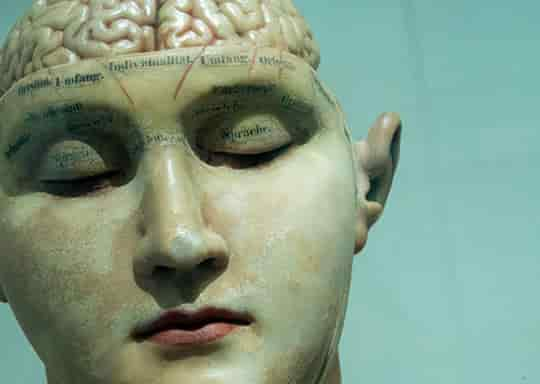People with these two personality traits lost less brain volume with age.
People who are low in agreeableness are better protected against neuro-degeneration with age, research finds.
Similarly, people who are non-conformists and those who are more curious have less chance of developing dementia.
The study is not the first to show a link between personality and brain aging.
Previous research has also shown that being neurotic can double the risk of dementia.
For the current study, the researchers tracked 65 elderly people for over four years.
All were given tests including brain imaging and assessments of their thinking skills.
Professor Panteleimon Giannakopoulos, the study’s first author, said:
“In order to get as complete a picture as possible, we decided to look at the non-lesional determinants of brain damage, i.e. the environment, lifestyle and psychology.
So we conducted cognitive and personality assessments.”
The results showed that two personality traits were linked to a lower risk of developing Alzheimer’s, the most common form of dementia.
People with the two personality traits lost less brain volume with age, whether or not they developed dementia.
Being low in agreeableness is, essentially, the reverse of being ‘nice’, explained Professor Giannakopoulos:
“A high level of agreeableness characterizes highly adaptive personalities, who want above all to be in line with the wishes of others, to avoid conflict, and to seek cooperation.
This differs from extraversion.
You can be very extroverted and not very pleasant, as are narcissistic personalities, for example.
The important determinant is the relationship to the other: do we adapt to others at our own expenses?”
The second personality trait linked to a lower risk of Alzheimer’s was being open to experience.
People who are open to experience tend to be curious about the world and seek out knowledge.
Professor Giannakopoulos:
“This is less surprising, as we already knew that the desire to learn and interest in the world around us protects against cerebral ageing.”
Personality change tends to be hard, said Professor Giannakopoulos:
“If it seems difficult to profoundly change one’s personality, especially at an advanced age, taking this into account in a personalized medicine perspective is essential in order to weigh up all the protective and risk factors of Alzheimer’s disease. It is an important part of a complex puzzle.”
The study was published in the journal Neurobiology of Aging (Giannakopoulos et al., 2020).










